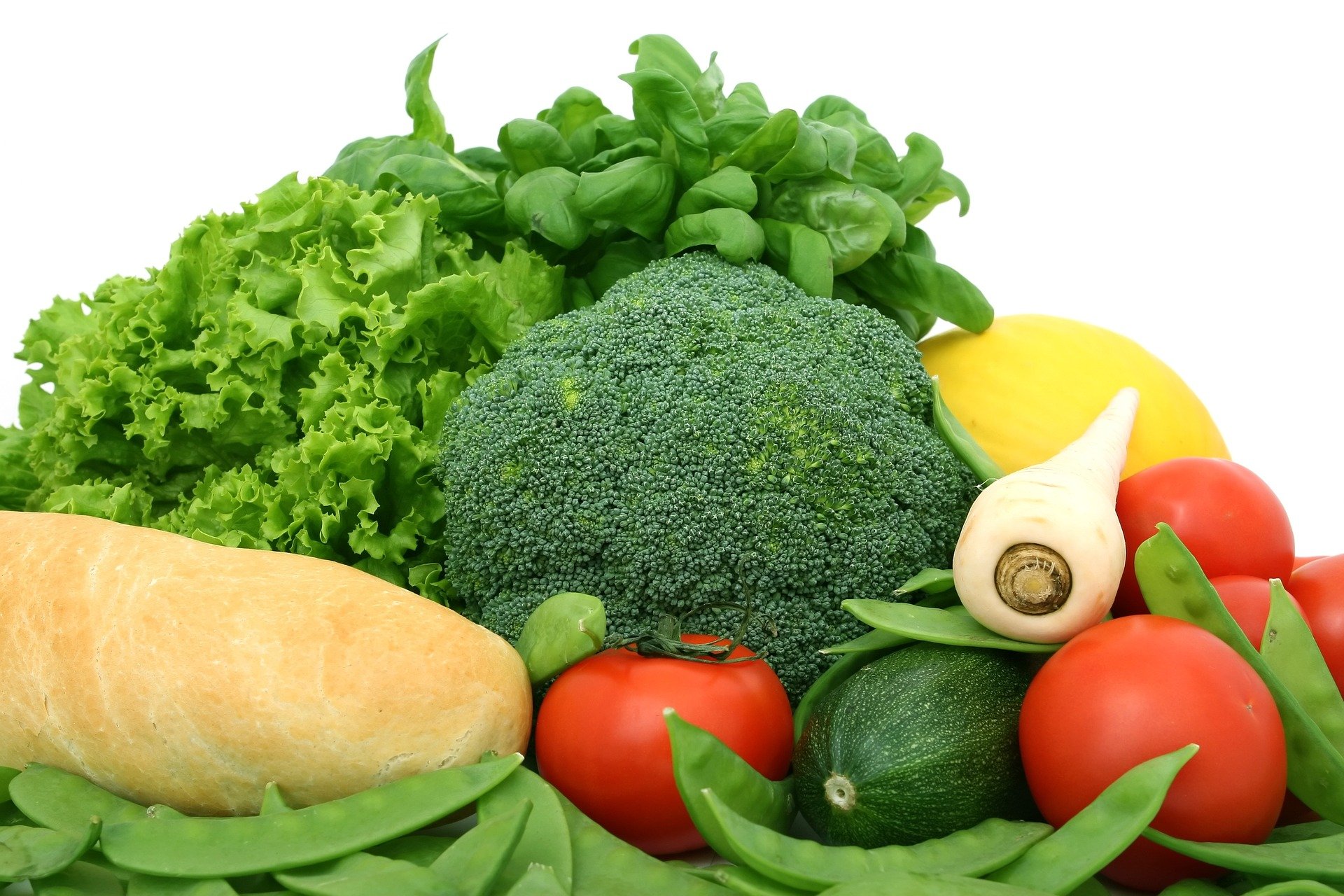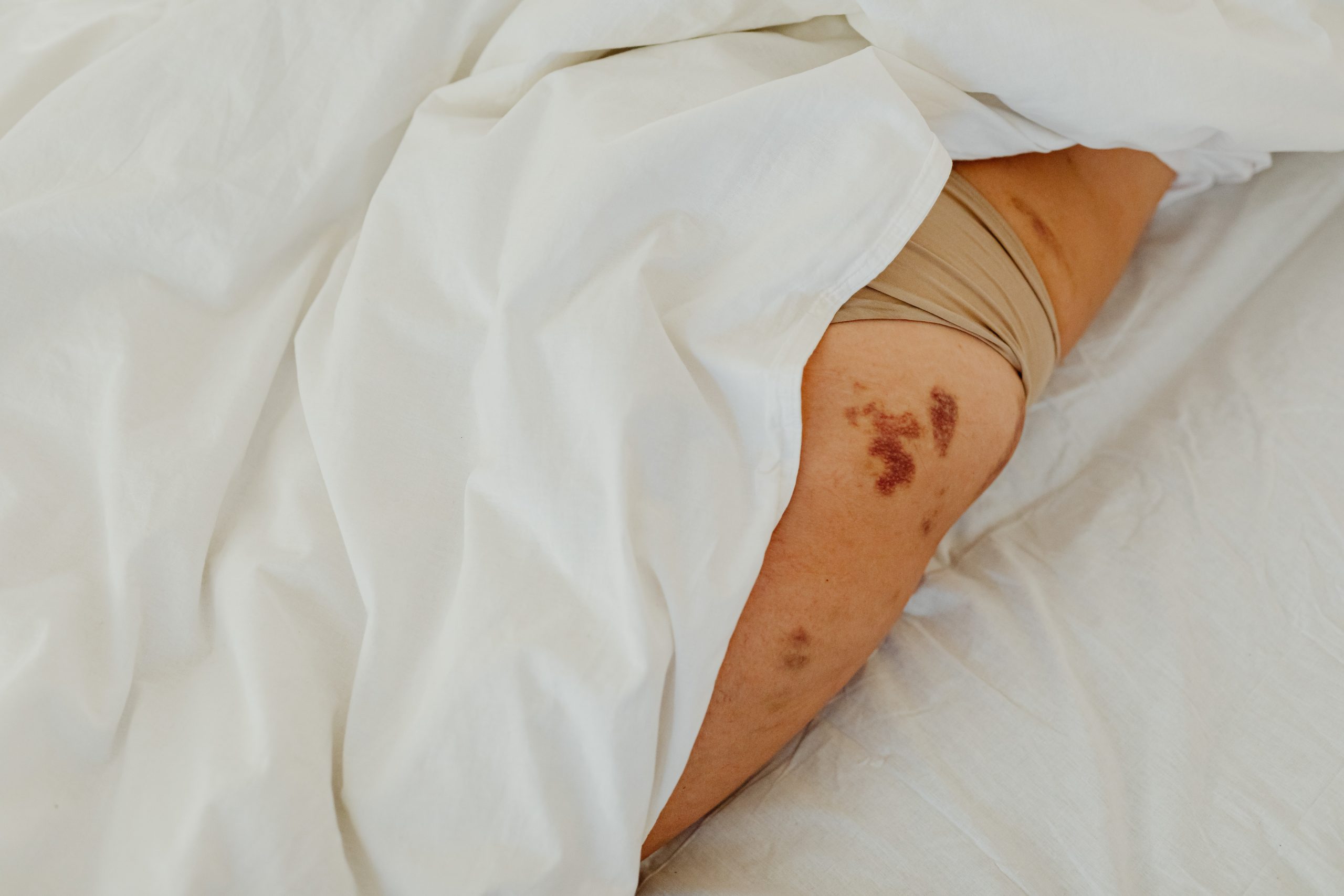It is important to your overall health to get the correct amount of dietary fiber each day. Fiber helps to regulate several of the body’s systems like the intestines and gut, metabolic flexibility, blood glucose levels, and the cardiovascular system. The recommended daily amount of fiber for women is 21 to 25 grams and for men, it is 30 to 38 grams per day.
Most individuals do not get enough fiber per day, but there are a few times when someone may get too much fiber in their daily diet. This could cause a whole host of physical issues.
Here are 4 signs you are overdoing your daily fiber intake:
1. Gas and Bloating
The first sign you may notice if you are consuming too much fiber is experiencing additional gas and bloating. Everyone has gas throughout their day. Most of the time, you do not notice it. When you eat an excess of fiber, especially if you eat it quickly, you will become bloated in your lower stomach area and experience more gas. The reason is that your body does not have enough time to break down and absorb the nutrients contained in the fiber foods.
2. Abdominal Pain
Abdominal pain and gas and bloating typically go hand-in-hand. The gas gets trapped in the intestines and can cause a backup of bowels. Too much fiber can cause a slowing of bowel movements as well as stopping them altogether. The excessive fiber will deplete the water supply in the gut, which is needed to form and move bowels through the miles of intestines.
3. Changes in Bowel Movements
This would most likely be constipation in which you cannot empty your bowels. This happens when the fiber cannot locate and absorb enough water to form softer bowels. They become hard and stuck and it is difficult to pass the waste. This can be painful and does not always last if you take care to drink more water and exercise.
Although, there are some individuals that experience the opposite and have diarrhea or extremely soft stools instead. Having a balanced diet of both soluble and insoluble fiber is the key to keeping your bowels moving regularly and smoothly.
4. Mineral Deficiency
An excess of fiber can lead to a mineral deficiency. Fiber is known as a binding agent, it attaches to minerals and nutrients before they are able to be changed into the blood for absorption. The main minerals affected are calcium, chromium, magnesium, zinc, and copper.
It could be hard to tell if you have a deficiency in minerals without blood work, but it is possible. If you suffer from any of the following, you may have a deficiency in one or more minerals: muscle cramping; changes in appetite – mainly no appetite, but it could be an increase as well; general weakness, nausea and or vomiting; slow wound healing; irregular heartbeats, and extreme exhaustion.
To avoid consuming too much or too little fiber, it is best to stick to the daily recommended amount for your gender. Drink plenty of water and eat more plant-based meals.




